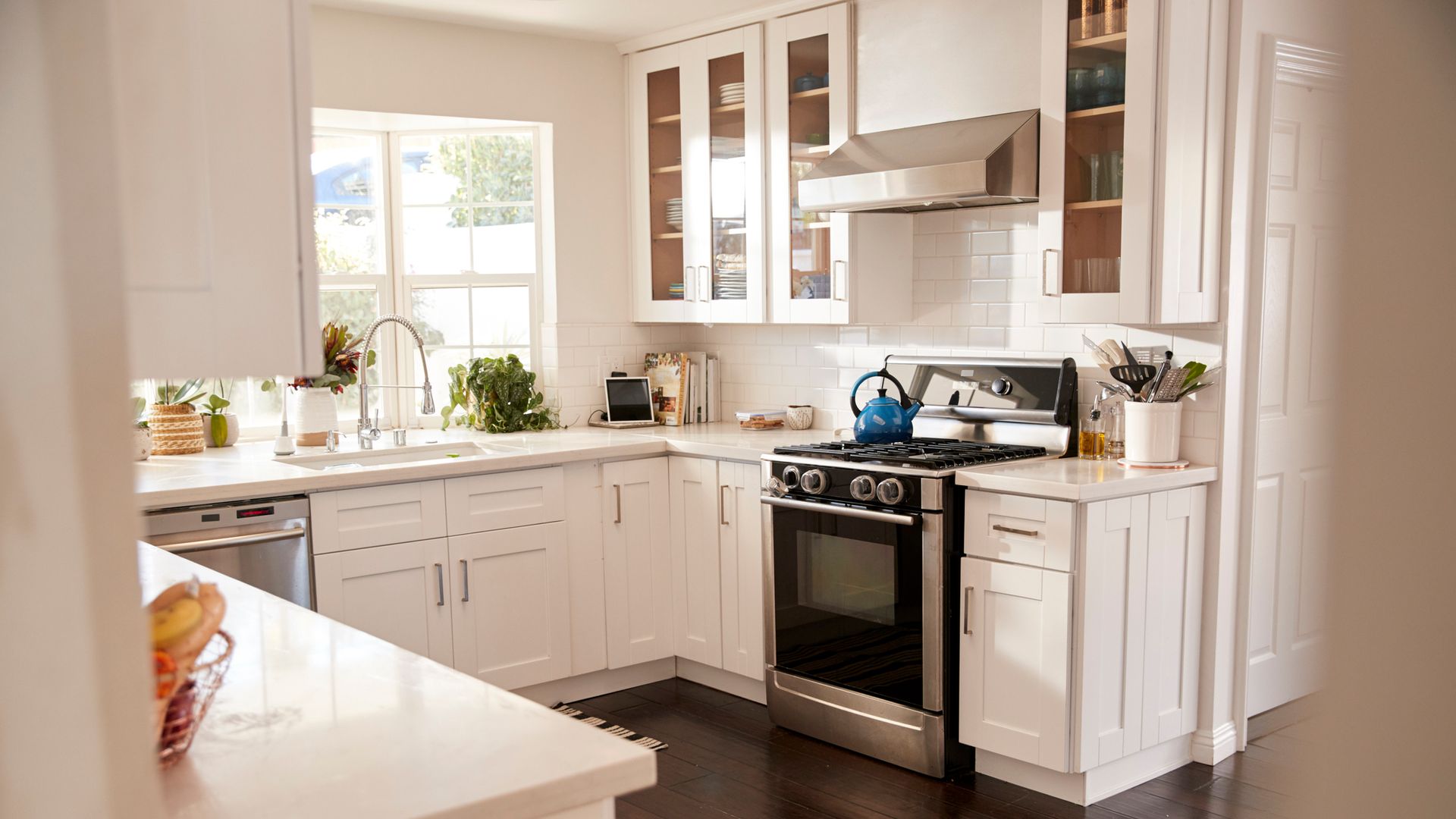
Bangor’s new rule banning people from loitering in certain medians threatens people’s free speech, the American Civil Liberties Union of Maine said Tuesday.
The city council passed an update to an ordinance, with a 5-2 vote, during a meeting Monday night. Beginning next week, it will be illegal to stand on medians less than 6 feet wide in “high-volume or high-speed traffic areas” on public roads throughout the city.
“Public spaces belong to the public, not the government,” ACLU of Maine Legal Director Carol Garvan said in a statement Tuesday. “City governments should not be in the business of banning speech in long-standing forums for public dialogue.”
The ordinance applies to certain city-owned roads, most of which the Maine Department of Transportation have identified as “high crash locations.” The roughly 10 medians the new rule applies to are on Hogan Road, Stillwater Avenue, Odlin Road, Griffin Road and Godfrey Boulevard.
The ban is controversial because opponents argue it is an attempt to target the city’s homeless population by criminalizing being in certain spaces. Those against the ban also say it will likely create significant legal fees if the ordinance is challenged in court.
When asked about potential legal challenges, “all options remain on the table” to protect people’s rights, Maine ACLU Communications Director Samuel Crankshaw said.
“The city went to great effort to ensure the ordinance is narrowly tailored and narrowly focused so that it can withstand a legal challenge but more importantly in order to prevent people from being hurt while standing on a median in a congested traffic area,” Bangor spokesperson David Warren said when asked if the city is prepared for lawsuits.
Police will enforce the rule by asking people to move somewhere safer, Bangor Police Chief Mark Hathaway said at the meeting. If necessary, officers can issue a civil penalty, which carries a fine between $100 to $2,500.
The new ordinance — along with two existing ordinances that prohibit loitering and restrict how solicitation can happen on sidewalks — restricts how people express themselves on city streets and sidewalks, Garvan said.
“The city cannot ban people from certain medians, tell them they can express themselves elsewhere, and then rely on a different ordinance to suppress their speech in that second space,” she said. “Taken together, Bangor’s ordinances will make it extremely hard for people to express themselves in public.”
“These ordinances will also disproportionately silence and entangle the city’s unhoused residents in the legal system,” Garvan added.
Rules that criminalize existing peacefully in public spaces can create further hurdles for homeless people, the Maine ACLU said. People may struggle to pay finds, which can entangle them in the legal system and create more barriers for finding housing.
The rule doesn’t violate First Amendment rights because it is “narrow in scope” and not a blanket ban, the city’s solicitor David Szewczyk said previously.
Portland approved a similar ban in 2014, which was deemed unconstitutional and rescinded after the ACLU challenged the law. At least six other cities nationwide have had similar ordinances struck down.












